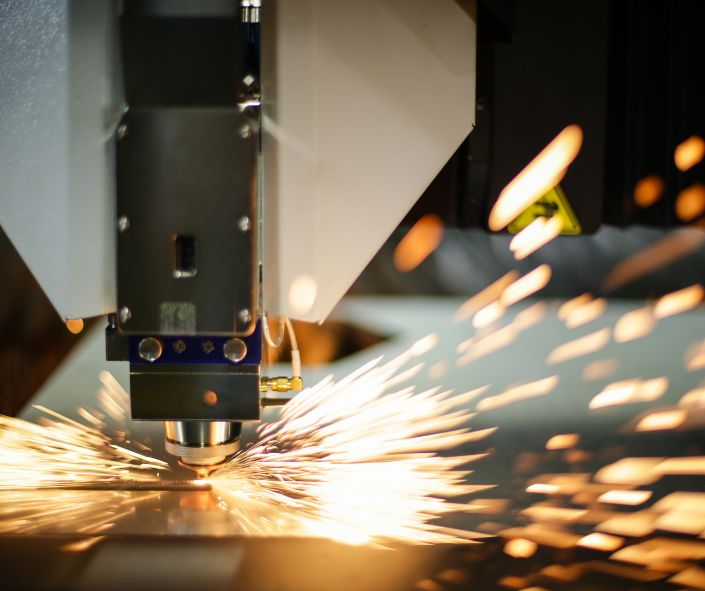Computer Numerical Control (CNC), a form of CNC machining has revolutionized engineering and manufacturing in recent decades. CNC machineries, which combine digital technology with traditional manufacturing methods, has become a dominant way to manufacture parts and products that are high-precision for a variety of industries. This article delves into the mechanics, benefits, and numerous applications of CNC Machining, highlighting its impact on the field of modern engineering.
The mechanisms of CNC Machining
CNC machining is a subtractive manufacturing method which means it takes material from a block of solid material, or workpiece, to create the shape you want. The software that computers use to control the machine’s movement is pre-programmed. The code generated for CNC machines differs based on the particular type of machine and on the complexity of the item being made. But the basic principle remains the the same: a high-speed cutter cuts material carefully for the final product.

CNC Machining has numerous advantages. One of them is its high precision. Digitalization allows for extremely accurate and consistent production. This reduces the chance of human error, and ensures uniformity between batches. This level of precision is vital in the fields where even slightest deviation can have major implications, like medical devices, aerospace, and automotive manufacturing.
The role played by digital computers in CNC machine operation
CNC processing efficiency and precision are a result of the integration of digital technology. CNC machines are operated using specialized software that manages the entire manufacturing process. This software converts computer-aided design (CAD) models into a series of precise instructions, which the CNC machine then follows to create the part. The instructions are specific from the depth of cut and the angle to the speed of the tool.
In industrial facilities of larger size, computers can be integrated directly into CNC machines. This allows seamless communication and control. This integration enables real-time monitoring that ensures maximum performance while also reducing downtime. Automating CNC machining allows continuous operation. This increases productivity and reduces the time it takes to complete.
CNC Machining Advantages
CNC machining has many advantages in comparison to other methods of production. The ability to make intricate, complex parts with a high degree of precision is one of the biggest benefits. The accuracy of CNC machining eliminates the requirement to make manual adjustments or rework, reducing waste and improving efficiency. CNC machines can also be used continuously and are great for large production runs.
CNC processing is also adaptable. A single machine is able to produce different types of parts by simply altering the program. CNC machining can be used for both mass production and prototyping thanks to its flexibility.
Automatization of CNC machining improves workplace safety. By reducing the need for manual intervention, the chance of injury and accidents is diminished. In addition, the high-quality of CNC-machined parts improves reliability and performance, which contributes to customer satisfaction and brand reputation.
CNC Machining Services Benefits for Industries
In many industries CNC machining has been proven to be highly efficient, precise, and versatile. CNC machines are utilized in the aerospace industry to produce vital components that must satisfy rigorous safety and performance requirements. CNC machines are employed in the medical device industry to produce complex implants and surgical instruments where accuracy is key.
The automotive industry utilizes CNC machineries to produce engine parts, transmission components as well as intricate exterior and interior features. The same goes for the electronics sector benefits from the CNC’s capability to create smaller, intricate components for consumer electronics, communication devices, as well as other electronic items. Jewelry and the art industry too make use of CNC technology to design customized pieces as well as intricate designs.
The Future of CNC Machining
CNC manufacturing is expected to continue to expand as technology advances. New developments like multi-axis machine, additive manufacturing integration, and the use of advanced material will push the limits of what can be achieved with CNC technology. Also, the continuing development of artificial intelligence and machine learning will likely enhance the effectiveness and accuracy of CNC machine processes.
In the end, CNC machining has profoundly affected modern manufacturing and engineering, offering unparalleled precision, efficiency, as well as versatility. The capability to create highly accurate complex parts makes CNC machining a valuable tool in many industries. As technology advances, CNC machining will undoubtedly remain an integral part in determining manufacturing’s future.
